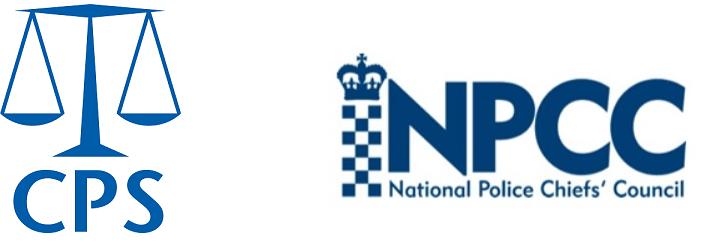Could clearing the public gallery help the victim to give their best evidence at court?

“The experience was traumatising. I could see the public gallery and the friends of the perpetrator glared at me whilst I provided my evidence” (Rape Survivor)
“I felt the screen was appropriate for me but would have preferred the public gallery to have been empty when my video interview was shown and I was cross examined as the details of my abuse was for all to see by those in the public gallery” (Rape Survivor)
What is ‘clearance of the public gallery’?
Section 25(4)(a) YJCEA 1999 (“clearance of the public gallery”) is a special measure that is specifically available to witnesses in sexual offences cases.
Where this measure is granted the court will be cleared of all persons with the exception of:
- the defendant
- the legal representatives
- an interpreter or other person assisting the witness
- one nominated representative of the media is entitled to be present.
The clearance order covers the period when the victim gives evidence (the examination-in-chief of the victim led by the prosecuting advocate and cross examination of the victim led by the defence solicitor)
Clearance of the public gallery can be combined with other special measures including use of pre-recorded video evidence or a screen.
Why might clearance of the public gallery help a victim?
For some victims knowing that supporters of the defendant or members of the public have been excluded from the court will significantly reduce the trauma involved in giving evidence.
If the victim is able to give their best evidence to the court the prosecution can present the strongest possible case at court.
The importance of raising awareness of this under-used measure
Despite being available to sexual offences witnesses, surveys have indicated extremely low usage of ‘clearance of the public gallery’ which is concerning given the clear benefits that it delivers to victims.
When discussing with victims the process of giving evidence at court it is important that ISVAs and other victim supporters, police investigators and prosecutors highlight to victims the availability of this measure along with the possibility of combination orders.
Providing information to assist the prosecution application
Prosecutors apply to court for special measures on behalf of victims based on information provided to them directly by victims in special measures meetings or indirectly by the police, ISVAs and other victim supporters.
The court will only grant a special measure or combination of special measures if it is satisfied that they are likely to maximise the quality of the witness's evidence.
To increase the chances of a successful application it will assist the prosecutor to receive as much information as possible about why the proposed special measure(s) will help the victim provide his/her best evidence at court.